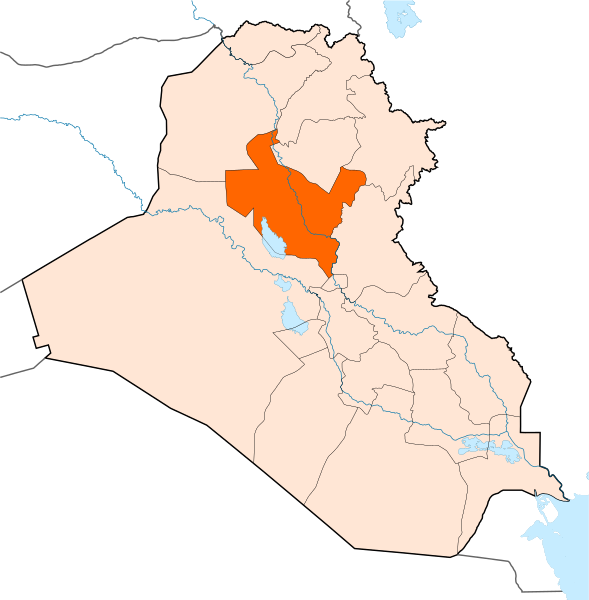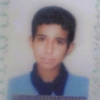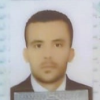Members of two Iraqi families remain missing following 2015 mass arrests in Al Dur
Timeline
September 2021: MENA Rights Group requests the urgent intervention of the UN Committee on Enforced Disappearances on behalf of six of the disappeared victims.
March 6, 2015: Around 160 men and boy are forcibly disappeared by militiamen.
March 2015: Militias of the PMU carry out mass arrests in the area of Jallam Al Dur.






